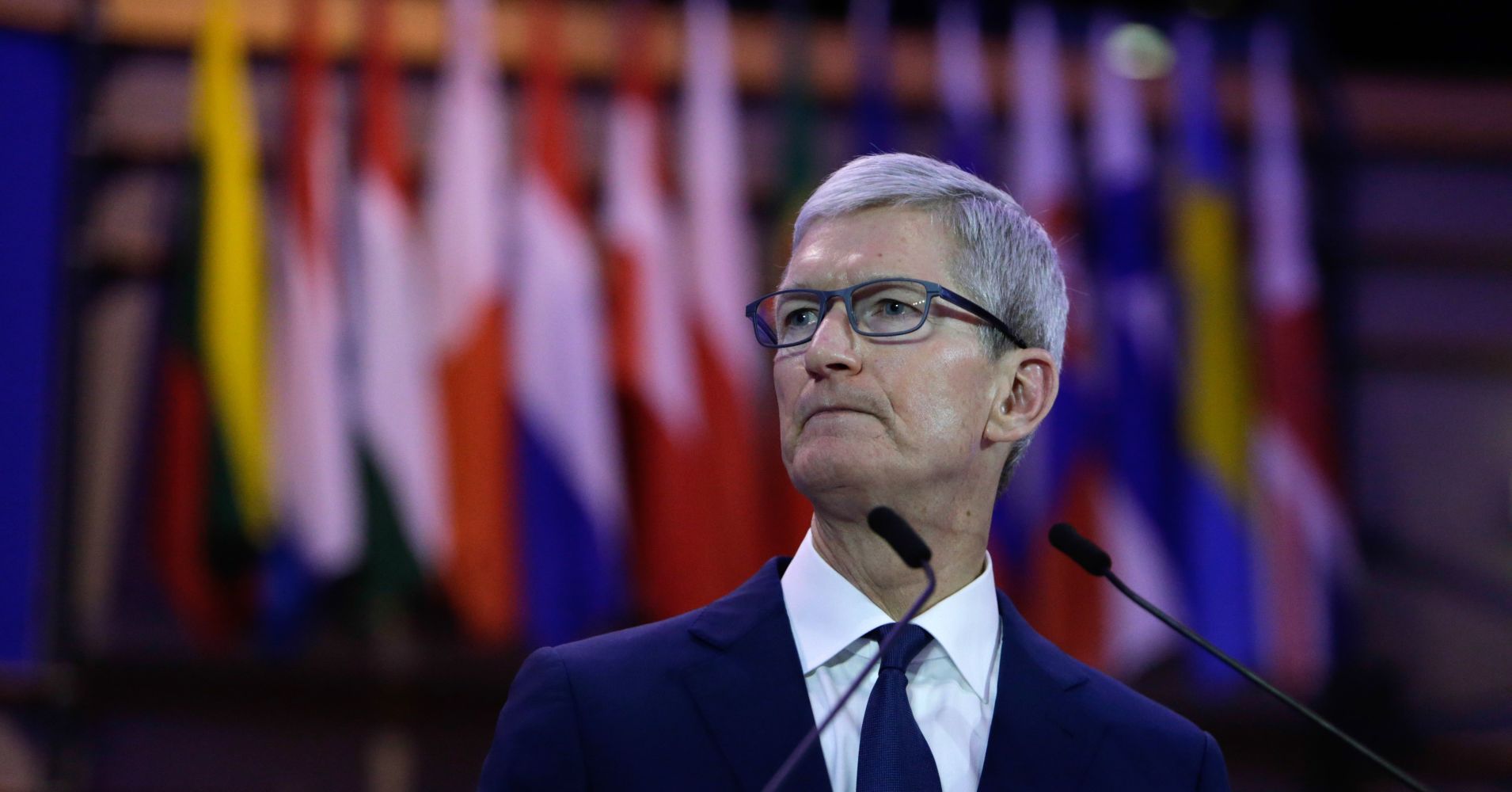
As promised/threatened, the DHS is moving forward with expanded use of biometric scanning at airports, including facial recognition and fingerprint matches. What was touted as a way to combat international terrorism and illegal immigration will now include those on the home front, as the tech spreads to include US citizens on domestic flights. But the TSA doesn’t see this as an unwanted incursion into the lives of innocent citizens. Instead, it pitches it as a useful tool to speed up security screening at TSA checkpoints.
The TSA expects paying customers to foot the bill for the expansion — the same citizens it’s been selling civil liberties back to for years. From the TSA’s “roadmap” for expanded biometric screening:
Yes, the paying members of the TSA’s Pre✓ program will be the first to “enhance” their “travel experience” by feeding their faces into a database the TSA controls, using tech prone to erroneous conclusions. Other travelers won’t be able to opt out of biometric screening, however. They’ll just be subject to the non-enhanced travel experience where TSA and CBP officers ask a long series of invasive questions and infer suspicious behavior on the part of travelers who bypass the biometric kiosks.
It’s true that traveling in the US has always been a “papers, please” experience. But prior to the 9/11 attacks, this simply meant presenting a ticket before boarding. Now, it’s everything about everybody, no matter how useless this information is 99.9% of the time. Rather than move towards smarter screening methods, the TSA has decided to subject everyone to the same level of screening with the same arbitrary rules stemming from airborne attacks the TSA failed to prevent.
The TSA pitches this as a paperless airport, but it’s really just another way for the government to compile a massive database of identifying info and of citizens’ movements. The DHS likes to talk about its 96% accuracy target, but has released no information about actual accuracy in test runs, so concerns about false positives/negatives aren’t going away anytime soon.
The government has responded in the worst way to terrorist attacks in the US. It has made freedom of movement a hassle — one that diminishes Constitutional protections and turns every traveler into a potential suspect.
Source: TSA Announces Plans To Subject Domestic Travelers To Biometric Screening



